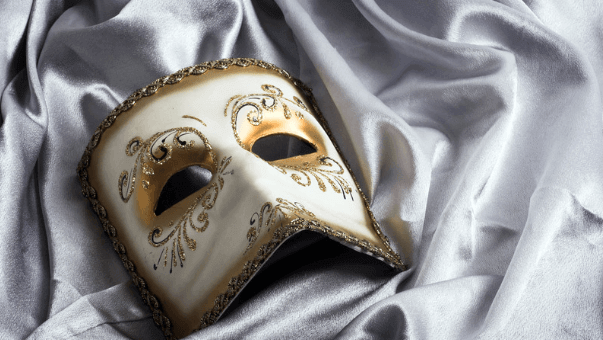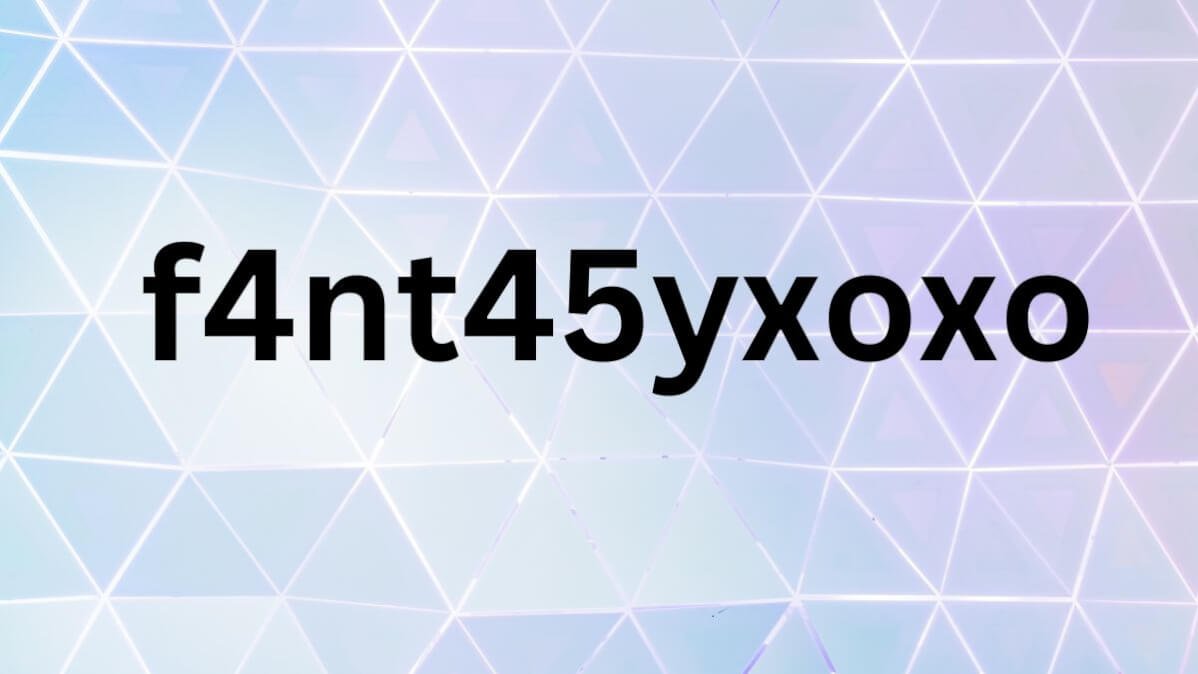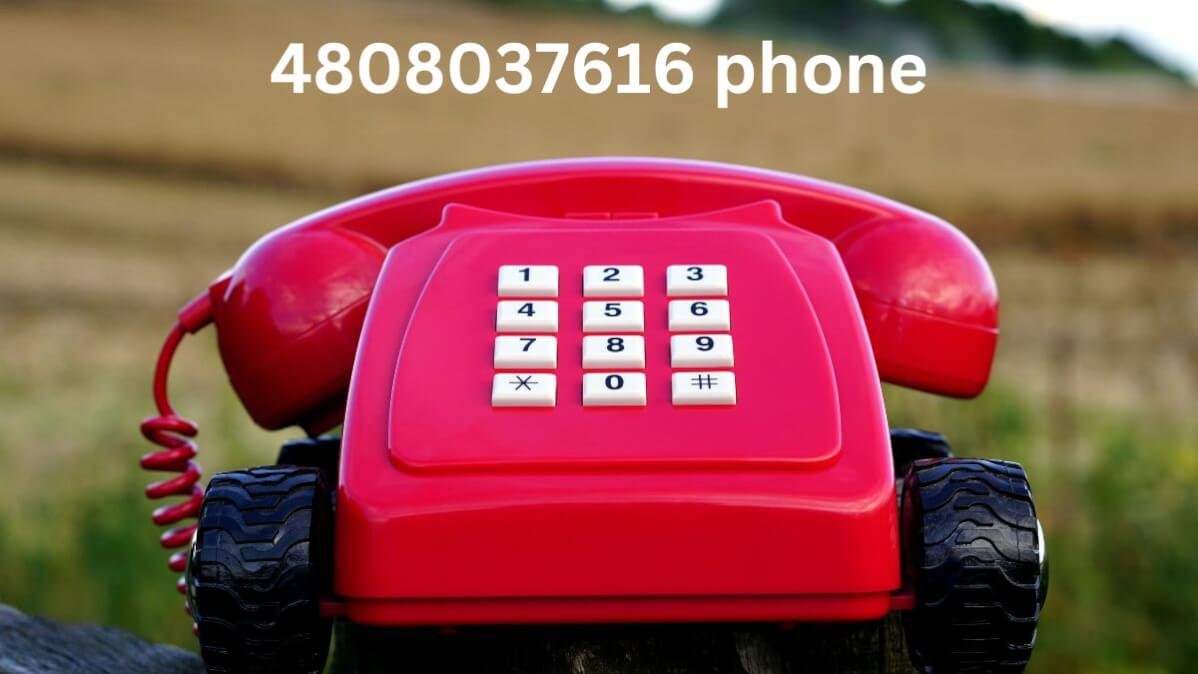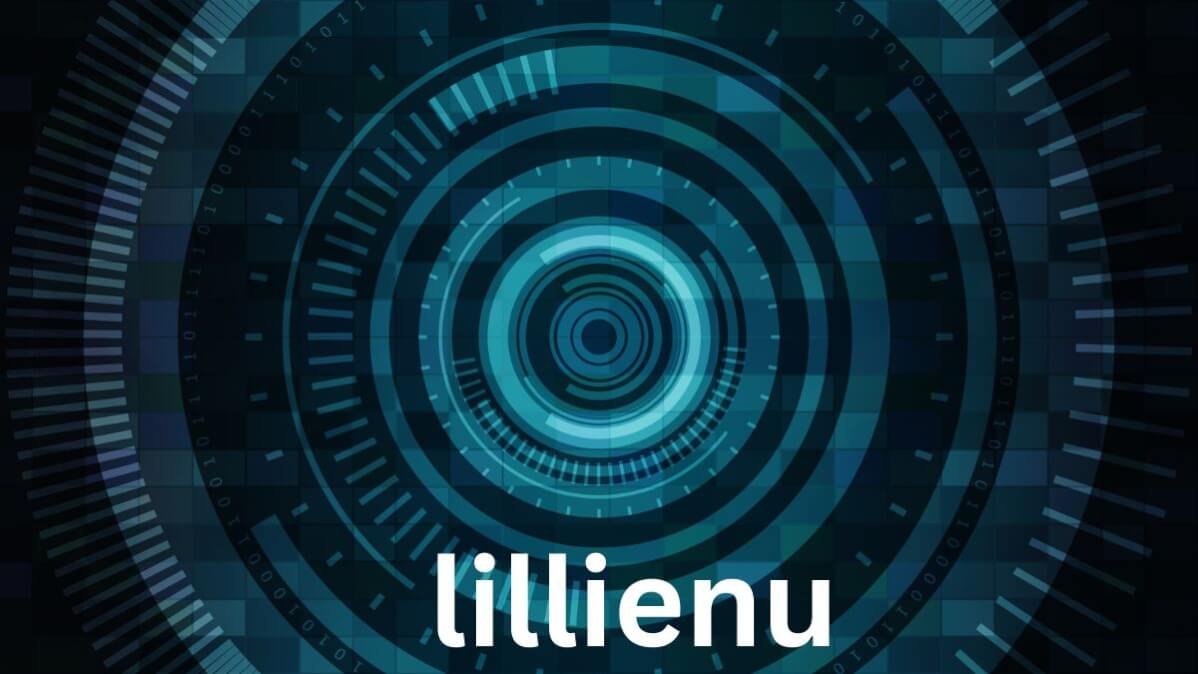Introduction to Secrets and Masks
Secrets and masks—two concepts that shape our interactions, identities, and even our mental well-being. Every day, we navigate a complex world where secrets hide in the shadows of whispered conversations, and masks shelter us from vulnerability. These tools can protect or imprison us; they can connect or alienate us. But what role do they truly play in our lives?
Delving into the psychology behind these phenomena reveals profound insights about human behavior. Understanding why we keep secrets and don masks is essential for fostering authentic connections with ourselves and others. As we peel back these layers, we’ll explore how embracing honesty can lead to greater fulfillment while examining the delicate balance between protection and isolation that comes with keeping things hidden. Let’s dive deeper into this intriguing interplay of secrets and masks!
The Psychology Behind Secrets
Secrets often hold a powerful grip on our psyche. They create an internal conflict that can be both thrilling and burdensome. Keeping a secret can evoke feelings of control, as we choose what to share or conceal.
The act of hiding something taps into our instincts. It engages the brain’s reward centers, releasing dopamine when we successfully keep it under wraps. Yet, this thrill comes at a cost.
Carrying secrets can lead to anxiety and stress. The weight of unshared truths lingers in the mind, affecting our emotional well-being. This tension manifests physically too; it may disrupt sleep or cause unease in social situations.
Interestingly, secrets also connect us to others. Shared confidences foster intimacy but require trust—an essential element for any relationship’s health. However, they can just as easily fracture bonds if revealed unexpectedly or mishandled.
The Benefits of Keeping Secrets
Keeping secrets can provide a sense of power and control. When we hold onto information, we often feel like custodians of something valuable. This feeling can boost our self-esteem.
Secrets create bonds between individuals. Sharing confidential thoughts fosters trust and intimacy in relationships. It’s a way to connect deeply without the fear of judgment.
Additionally, keeping certain secrets allows for personal growth. It gives us space to explore our feelings or ideas privately before revealing them to others. This reflection time is essential for making informed decisions about how we present ourselves.
Moreover, maintaining discretion can protect others’ feelings or privacy. Sometimes, what we know shouldn’t be shared because it impacts someone else’s life significantly.
In this digital age, where oversharing is common, holding back from divulging every detail becomes an art form—a way to navigate social landscapes thoughtfully while preserving one’s integrity.
The Negative Effects of Secrets
Secrets can weigh heavily on the mind. When we keep something hidden, it often leads to feelings of anxiety and stress. The constant effort to maintain these secrets can drain our energy.
Additionally, secrets create a barrier between us and others. This emotional distance can hinder genuine connections, leaving us feeling isolated. Trust issues may arise when friends or loved ones sense that something is being withheld.
Moreover, keeping secrets can lead to guilt and shame. These emotions linger and fester over time, impacting self-esteem and overall mental well-being. We may find ourselves spiraling into negative thought patterns as we grapple with what we’ve concealed.
In relationships, secrets can breed distrust and conflict. Once revealed, they might shatter the bond built on honesty, leaving lasting scars that take time to heal.
Also Read: Why Is MTG Manifest Important?
The Role of Masks in Society
Masks play a fascinating role in society, often serving as tools for self-expression. They can shield us from judgment and vulnerability. In many cultures, masks are used in rituals or performances to convey deeper meanings.
In modern life, we wear figurative masks daily. These may reflect our professional personas or social expectations. The ability to adapt our “mask” allows us to navigate various environments smoothly.
However, this adaptability can come with a cost. Over time, some individuals become too attached to their masks, losing touch with their authentic selves. This disconnection can lead to feelings of isolation and confusion.
Society often encourages mask-wearing as a means of fitting in or avoiding conflict. Yet beneath these layers lies the truth—a complex blend of emotions waiting for recognition and acceptance.
How Masks Affect Our Mental Health
Masks serve as a protective barrier, shielding us from vulnerability. They can create an illusion of strength and confidence. Yet, this facade often comes at a cost.
Wearing masks may lead to disconnection from our true selves. Over time, we might struggle to differentiate between who we are and the persona we’ve crafted for others. This disconnect can foster feelings of loneliness and anxiety.
Moreover, maintaining these facades demands energy. The constant pressure to live up to an image can be exhausting. It leads some individuals into cycles of stress or self-doubt.
In social settings, masks can inhibit genuine communication. When people hide their emotions or thoughts behind a facade, authentic connections become challenging.
Understanding how masks influence our mental health is crucial in navigating relationships and personal well-being. Acknowledging these impacts encourages deeper reflection on the importance of authenticity in our lives.
The Importance of Being Authentic
Authenticity is the foundation of genuine relationships. When we embrace who we truly are, we invite others to do the same. This creates a space where connections can thrive.
Living authentically also fosters self-acceptance. It allows us to celebrate our quirks and imperfections without fear of judgment. The liberation that comes with being true to oneself is profound.
Moreover, authenticity encourages vulnerability. Sharing our real selves can be daunting but incredibly rewarding. Vulnerability paves the way for deeper understanding and empathy in interactions.
In a world filled with facades, standing firm in your truth sets you apart. It shows strength and resilience, inviting others to join you on an honest journey through life’s complexities.
Being authentic cultivates a sense of belonging—both within ourselves and among those around us.
Conclusion: Embracing Vulnerability and Letting Go of Secrets and Masks
Embracing vulnerability is a powerful step towards genuine connection and personal growth. Letting go of secrets and masks can be liberating, allowing us to live more authentically. While keeping certain aspects of ourselves hidden may feel safe, it often creates barriers between us and others.
When we choose to reveal our true selves, we open the door for meaningful relationships. It fosters trust and understanding while promoting empathy in our interactions. This shift towards authenticity invites others to do the same, cultivating an environment where deeper connections flourish.
The journey toward being authentic isn’t always easy; it requires courage and self-reflection. However, by facing the truth about ourselves—both strengths and vulnerabilities—we pave the way for a more fulfilling existence. Letting go of secrets allows room for healing, acceptance, and ultimately freedom.
As you navigate your relationship with secrets and masks, remember that embracing who you are at your core brings empowerment. Each moment spent shedding layers leads not just to personal liberation but also promotes healthier connections with those around you. So take that first step today: dare to be vulnerable; let yourself shine without fear or reservation.












Leave a Reply